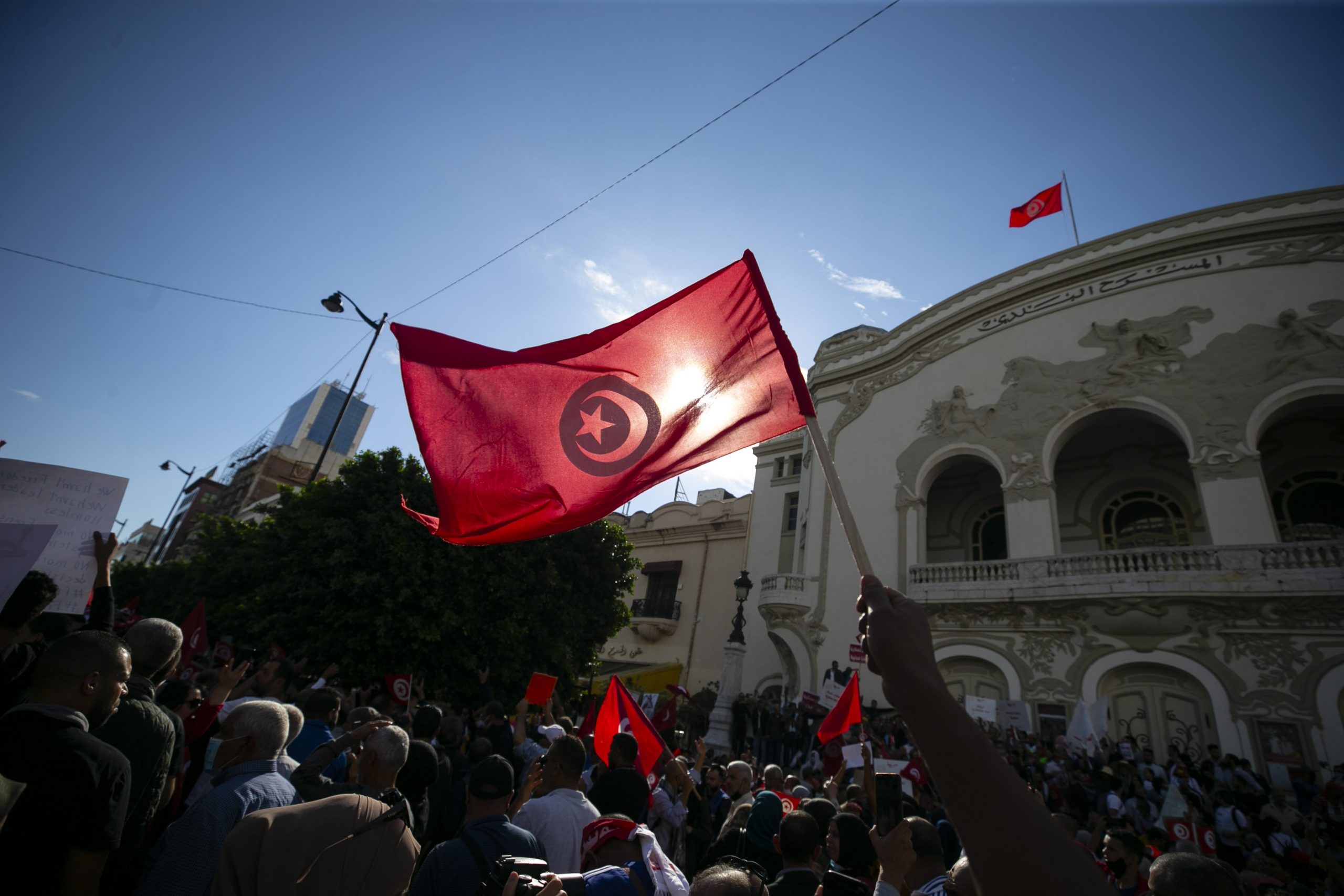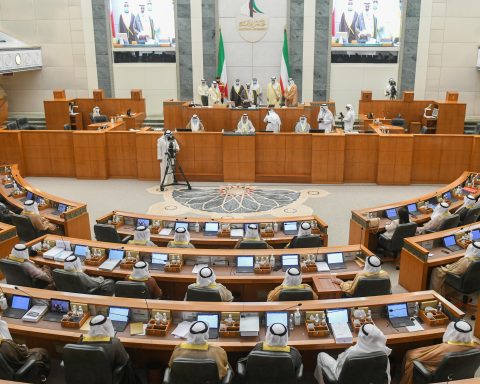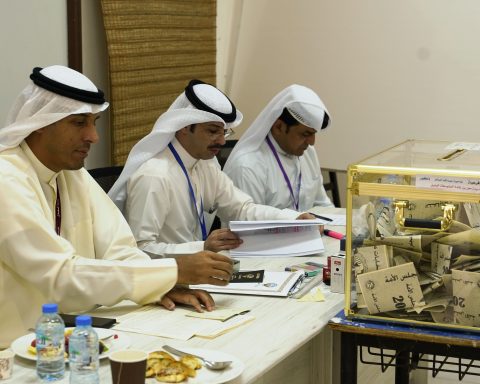Addressing the public on state television on December 13, President Kais Saied announced a series of decisions that he described as “historical.” Saied stated that a constitutional referendum will be held on July 25, 2022, for the change of the government system, and an early general election will be held on December 17, 2022.
Saied confirmed that “parliamentary tasks will remain suspended until new elections are held.” In Tunisia, where the last parliamentary elections were held in 2019, the following elections are normally scheduled to be held in 2024.
President Kais Saied, citing the mass demonstrations that took place in response to the economic, political, and health crises in Tunisia, had announced on July 25 that he had implemented Article 80 of the Constitution, which granted him extraordinary powers, on the grounds that the country is in danger.
In this regard, Saied announced that he suspended the work of the Assembly for 30 days, lifted all parliamentary immunity, dismissed the prime minister with the message that he would appoint a new prime minister, and that he also appointed himself as the chief prosecutor for corruption cases.
President Saied issued some new decrees on September 22. With these decrees, the legislative and executive powers of the president were expanded, and the interim committee that oversaw the constitutionality of bills was also abolished.
All these decisions had created a form of “exceptional situation” in the country. In order to get out of the crisis the country was in the midst of, many political and non-governmental organizations have been called for a wide-ranging “national dialogue.”
Noting that the “national dialogue” process will start in January 2022, Saied said in his speech yesterday: “The national dialogue process to be held online will also continue until March 20. The national dialogue process will be carried out and evaluated by a commission to be established.”
However, the fact that many segments of the country have difficulties in accessing the internet and the insufficient internet infrastructure has caused negative public reactions to the call for online national dialogue.
Also, Saied said he would appoint a committee of experts to draft a new constitution ahead of the referendum, with the new draft anticipated to be ready by June.
Tunisia’s difficulties to finance its fiscal deficit and next year’s budget and debt obligations have necessitated a clear path to the customary constitutional order to obtain international financial aid.
Tunisia has started talks with the IMF, but major donors have indicated they are not willing to act without an “inclusive” approach. In this context, Saied’s new roadmap can be interpreted as overcoming the economic impasse.
On the other hand, on December 10, envoys from the G-7 countries and the European Union urged Tunisia to protect “fundamental freedoms” and establish a schedule for returning to democratic institutions.
“A clear schedule allows for a quick return to functioning democratic institutions, with an elected parliament playing a prominent role,” the heads of foreign missions from the G-7 nations and the EU said.
After the call of the G-7 and the EU, President Saied’s timetable determination is interpreted as a remarkable development.
No comment has been made yet from Ennahda, the largest party in parliament, or the powerful Tunisian General Labour Union (UGTT). Mohammed Abou, a former minister, said in a televised interview that Saied’s “violation of the constitution” was a coup.
Meanwhile, political activist Jaouhar Ben Mbarek, a member of the executive branch of the “Citizens Against Coup” democratic initiative, said the country’s president, Kais Saied, in his latest speech, had turned to “a rhetoric of betrayal, intimidation, and persecution involving all parties and national organizations.”
“The period from December 17 to January 14 will be a repetition of the stage of the Tunisian revolution against the regime of Zine El Abidine Ben Ali, but this time against the coup,” Ben Mbarek added.














